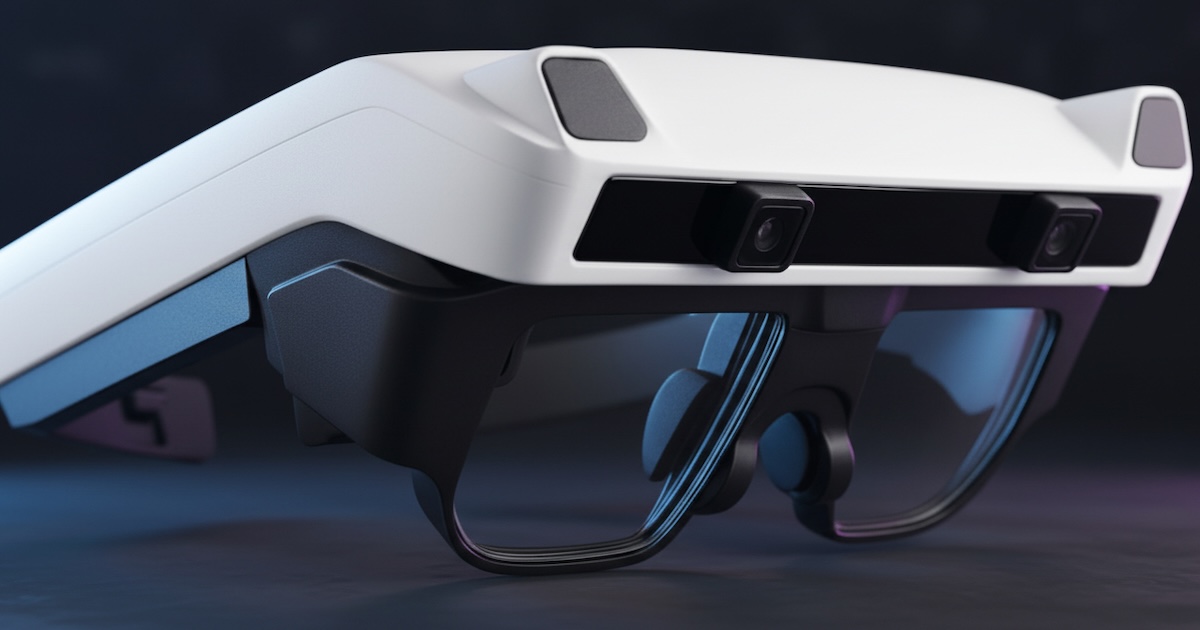Like their primary care counterparts, specialty medical practices are realizing the advantages of using mHealth to manage the growing demands of a busy practice. In fact, specialists may reap even greater benefits as they use the technology to stay informed, in touch and up-to-date while moving between office and hospital settings.
One of the biggest mHealth benefits for specialty practices is improving physician efficiency and satisfaction. For example, certain mobile applications can allow physicians to remotely access critical elements of a patient’s medical record, see a snapshot of the last visit and/or review test results - helping the doctor manage the large volume of patients typically seen in a specialty practice and getting to critical tasks at his or her own convenience. Similarly, mobile tools can assist physicians in completing the often laborious and data intensive dictation process without sitting at a computer, allowing the physician to complete the work on the go or at home.
On the patient side, mHealth solutions improve engagement through more timely and patient-centric communication. For instance, individuals can get their questions answered and prescriptions refilled without having to make an appointment - particularly helpful in specialty situations where immediate appointments can be hard to come by. Not only does this support medication adherence and prevent lapses in critical therapies, it also improves patient satisfaction and retention by communicating to the patient that he or she is a top priority for the practice.
Tips for onboarding mobile technology
Specialty practices should approach the mHealth selection and implementation process in the same way as any other comprehensive technology initiative. In other words, it's not simply a matter of downloading the latest applications and then determining the value to physicians and patients. Instead, it requires a more strategic and proactive process that optimizes the technology to enhance physician satisfaction and patient care while reducing risk.
The following tips can help practices take a well-considered approach to implementing mobile solutions:
1. Define a strategy. Before onboarding mHealth tools, specialty practices should determine the organization’s goals for the technology, such as improving physician efficiency, enabling remote chart access or better managing patient questions and refill requests. Practices should involve physicians and staff in developing the strategy to make sure everyone is on the same page about how, why and to what end the tools will be used. Without this kind of strategic discussion, the practice runs the risk of “app apathy” in which many apps are purchased but few add value or are used.
2. Seek apps that reflect that overarching strategy. As the number of available apps grows, it's important to review a potential solution’s ability to support the practice’s goals before acquiring it. For example, practice managers may want to talk with colleagues, read web reviews and check user references to learn about how the app works in a real-world setting - and especially within that specific specialty's setting. Clinicians should also reach out to their peers to check that the tool provides the necessary clinical support for a busy doctor. Some apps may offer a trial period or the opportunity to beta test the solution. Regardless of the vetting approach, practices should commit to assessing the tool as they would any other information technology purchase.
3. Ensure smooth EHR integration. In addition to looking at how the app meets the practice’s goals, it's important to verify that it can integrate with the practice’s EHR and other information technology. Although third-party apps can be attractive, solutions from the practice’s EHR vendor can sometimes integrate more seamlessly with existing technology and offer greater functionality. If a practice opts to use a third-party app, it should make sure to gain a full appreciation of the costs involved in interfacing the tool with their current software.
4. Develop an implementation plan. Although mobile technology tends to be intuitive and easy to use, an implementation plan - even if informal - can be valuable in ensuring a successful launch and a better user experience. As part of this process, practices should check with their EHR vendor to determine how the selected app could impact practice workflow and proactively collaborate with the vendor and staff to avoid unnecessary negative impact downstream. Practices should also consider how they will train users on the app, even if it is only a brief presentation during a staff meeting. Having everyone on board as to how to use the app effectively is key to seeing long-term benefit from the tool.
Embrace the concept … but don’t rush
Organizations that take an intentional approach to mobile technology can positively impact practitioner quality of life and patient care, particularly in specialty settings. While it may seem simpler to download a few apps and use them sporadically, practices are better off making a concerted effort to select and implement mHealth tools that meet specific practice challenges and goals.
Gary Voydanoff is an executive vice president at NextGen Healthcare. Follow him on Twitter @Gvoydanoff or connect with him on LinkedIn.


